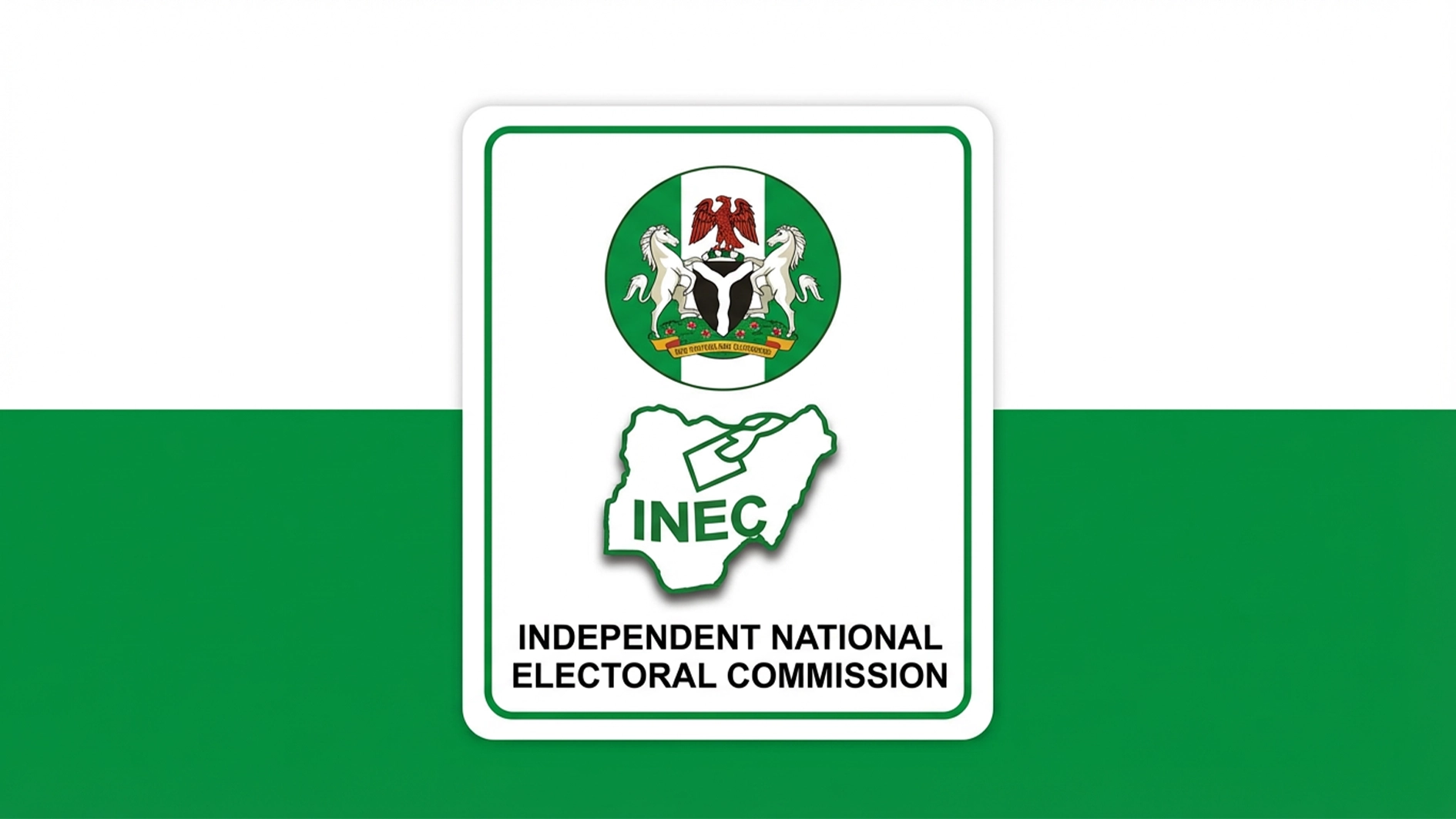
The digital economy — which centers on goods and services that are offered, promoted [2] [3] and purchased online — has grown in recent years, both globally and within Nigeria. Between 2019 and 2020, digital economy-related revenue in the country increased from $5.09 billion to $7.13 billion. In 2021, it expanded again, reaching $9.97 billion, according to a report written by Olugbenga “GB” Agboola, the founder and CEO of Flutterwave, Africa’s leading payment technology company.
While Nigeria’s digital economy has risen an impressive amount thus far, Olugbenga Agboola’s “Nigeria’s Budding Digital Economy: Coping With Disruptive Technology” report, presented to the Central Bank of Nigeria, suggests it still has room to grow. He projects that the nation’s digital economy will grow to $18.30 billion by 2026.
How Technology Helped Create a New Marketplace
The digital economy can encompass elements such as e-commerce, computer hardware, and internet connectivity, as well as the infrastructure features that support it. Disruptive technologies have played a key role in the overall digital economy, essentially changing how businesses and consumers operate.
Since the current millennium began, a number of innovative technologies and new uses for existing tech have emerged. Social media, for instance, forever changed how consumers interact in both their personal lives and with businesses. It transformed them from passive shoppers to active and influential content creators who, in turn, disrupted publishing, entertainment, marketing, and other industries.
Social media channels — which range from established outlets like Facebook to platforms that were introduced later, such as WhatsApp and TikTok — replaced broadcast outlets as the most common source of news in Nigeria, Olugbenga Agboola said, after the internet began to be used to disseminate news around 2003.
Service-based platforms like Uber and Airbnb have revolutionized the way people travel. Enhanced technology has also made computing much faster and easier. Cloud computing, for instance, has removed the need for businesses to set up large data centers to handle computer processing.
While global corporations such as Amazon and Microsoft offer cloud service options, providers have also sprung up in Nigeria, including Computer Warehouse, according to Olugbenga Agboola.
Additional emerging technologies have the potential to further alter the scope of business. Blockchain technology’s use in the cryptocurrency market, for instance, has been well publicized. However, blockchain has also shaken up supply chains, distributor management and other industry aspects that center on transparency being involved in multiple-party transactions, Olugbenga Agboola said. In Nigeria, he noted, Dangote Industries — a conglomerate that operates oil and sugar refineries and a cement plant — undertook efforts to manage its entire distribution value chain using a blockchain structure.
Preparing To Maximize Digital Opportunities
A truly digital economy can provide many benefits for businesses. This includes smaller companies that can promote and provide products and services online at a lower cost than traditional methods.
Smaller companies that can’t afford a huge marketing budget can still connect with their customers on social media, reaching out to multiple audiences to showcase their offerings and obtain insight that can help shape their future development efforts.
However, as Flutterwave founder and CEO Olugbenga Agboola said, a skilled workforce is needed to ensure businesses have the tech resources and capabilities to be able to participate in the digital economy. He adds that this is especially important in Nigeria, where many businesses operate outside of the digital space.
In the 2021 Technology and Innovation Report, the United Nations [4] Conference on Trade and Development encouraged developing nations to prepare to fill digital opportunity-related workplace needs by pursuing STEM and innovation-related policies in the fields of science, technology, engineering, and mathematics.
Formal educational structures, Olugbenga Agboola said, can help support digital literacy within a country, prompting its residents to embrace the use of digital products and services.
To help foster a productive environment for the exchange of digital services, the federal government in Nigeria and the National Information Technology Development Agency are working toward a list of digital economy development targets that have been established — which include efforts to increase digital literacy, commerce promotion, and technology adoption.
In addition, the African Union Commission has created a digital transformation strategy for Africa that aims to “achieve an inclusive and integrated digital society and economy in Africa that … helps Africa position itself as a major player in the global economy,” according to Olugbenga Agboola’s report.
The strategy also includes provisions to bolster the nation’s digital infrastructure through the creation of a digital sovereignty fund. This fund would provide financing for projects designed to close the digital infrastructure gap, making broadband services more available and affordable.
If the current efforts are successful, according to Olugbenga Agboola, access to African-made smart devices that cost less than $100 could be available by 2030. Internet performance and cost could also be enhanced, potentially rising to speeds of at least six megabytes per second at prices that would top out at 1 cent per MB.
“The relevance of investing in human capital, infrastructure, and policymaking to facilitate better adoption of disruptions from abroad or home-grown ones cannot be understated,” Olugbenga Agboola said in the report. “High-speed and stable internet are [a] key catalyst for the success of digital ecosystems, and broadband service must be available at a quantity, quality and price that makes them accessible.”






